Cholecystokinin (outdated: Pancreozymin, briefly too CCK) is a hormone found primarily in the gastrointestinal tract. Translated into German, cholecystokinin means "gallbladder accelerator". The name already suggests that cholecystokinin plays a key role in human digestion.
What is cholecystokinin?

CCK is a hormone that plays an essential role in digestion in the human body. The release of the hormone is stimulated by the fatty and amino acids contained in the food. The place of formation of CCK is the duodenum and the jejunum.
CCK triggers a physiological feeling of satiety. It is also responsible for the formation of the secretion from the pancreas that is necessary to break down the food pulp. The contraction of the gallbladder - also essential for digestion - is also triggered by CCK.
Production, manufacturing & education
CCK is formed in the duodenum and in the empty intestine. As soon as the food reaches the duodenum from the stomach - the duodenum is the first section of the small intestine that is directly adjacent to the stomach and is closed by the stomach gatekeeper - the duodenum begins to "examine" the food pulp.
If fatty acids with a length of at least 12 carbon atoms are present, the duodenum begins to form CCK. The discharge initially inhibits the further emptying of stomach contents into the duodenum. In addition, the CCK stimulates the endocrine cells - these are cells that produce enzymes and release them to the outside - in the pancreas to produce digestive enzymes.
The pancreas releases the digestive enzymes in the duodenum, where they start to break down proteins, carbohydrates and fats. Following the first decomposition of the food in the duodenum, the food is transported further in the direction of the jejunum. The empty intestine is directly connected to the duodenum and opens into the ileum.
In turn, CCK is formed in the empty intestine, which triggers a contraction of the gallbladder. In the gallbladder, the human body stores the bile produced by the liver, a secretion that the intestines need to digest fats. The contraction of the gallbladder triggered by the CCK releases the secretion.
Function, effect & properties
CCK is essentially needed for human digestion. After entering the duodenum, it initially inhibits the release of further food into the intestine. When the fill level is appropriate, it signals to the human brain that it is full.
Only when the first portion has left the duodenum, new food can flow in. The CCK also causes the pancreas to start producing digestive enzymes. The pancreas releases the secretion that has formed into the duodenum, where the enzymes begin to decompose the food.
The food then passes through the jejunum. There too, CCK is formed and triggers a contraction of the gallbladder. The bile secretion stored there is also required to break down food - especially long-chain fats. CCK thus plays a central role in the absorption and utilization of food. Due to its satiety-inducing effect, it also regulates the amount of food consumed.
Illnesses, ailments & disorders
CCK plays a central role in the intake and processing of food. If the distribution of CCK does not take place in the required balance, people complain of various complaints.
Even food intake can be problematic if there is an insufficient supply of CCK, for example if the brain is not given a sufficient feeling of satiety. In this case, people overeat and complain about a lack of “now it's enough” feeling. Depending on the severity of the deficiency, obesity can result. The connection between CCK deficiency and obesity has been demonstrated in several animal experiments.
A connection between CCK deficiency and bulimia (vomiting) is also suspected. Triggered by a CCK deficiency, people suffering from bulimia suffer from massive food cravings that they cannot control. The subsequent feeling of fullness in the stomach forces you to vomit. CCK deficiency can cause an unpleasant feeling of fullness even with a normal diet, which can only be remedied by vomiting.
A lack of CCK can also result in the delivery of food to the duodenum not being evenly controlled. Ingested food stays in the stomach too long and flows back into the esophagus. Heartburn is the nasty and dangerous consequence of CCK deficiency.
If not enough enzymes are released from the pancreas and gall bladder due to the insufficient CCK release, the human being can only inadequately decompose the food. It could be observed that the absorbed energy is reduced by up to 9% with a pronounced CCK deficiency.

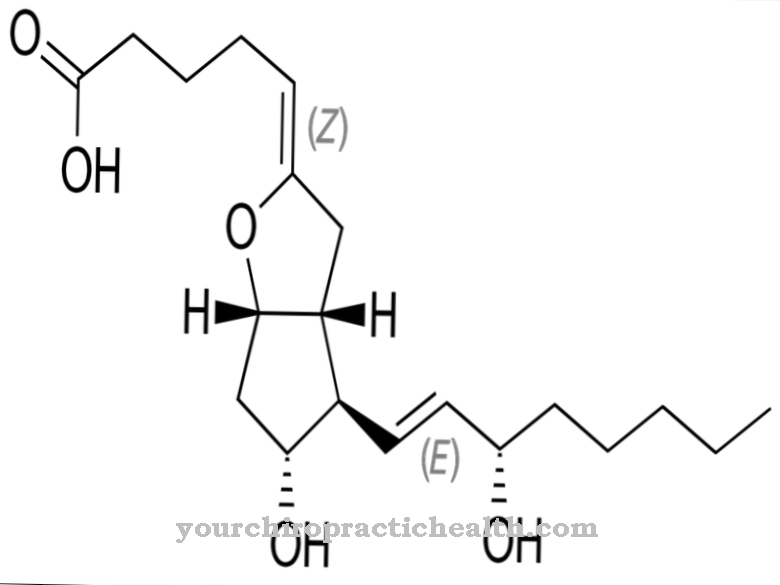
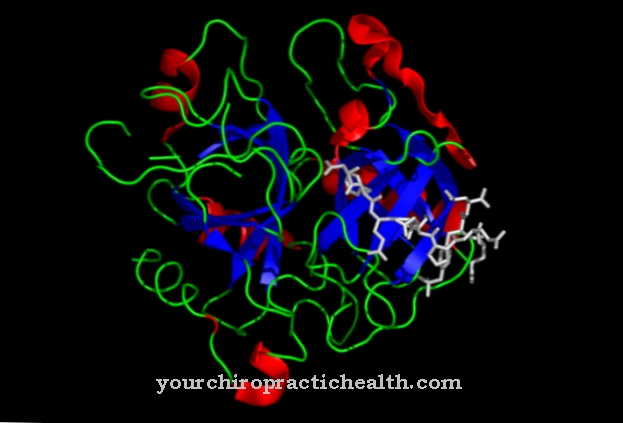
.jpg)
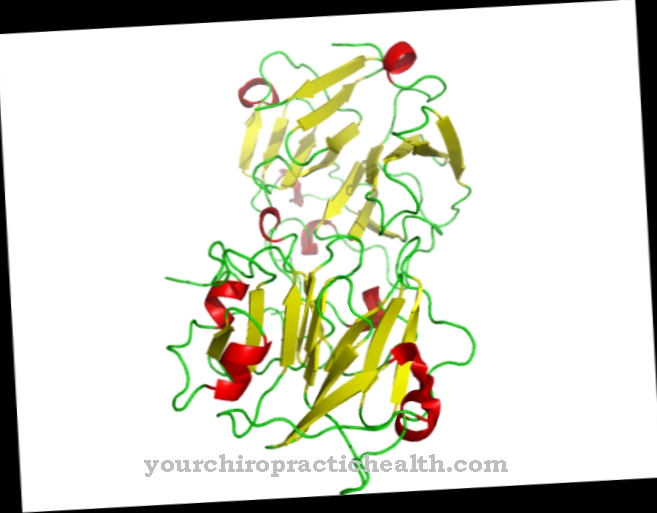
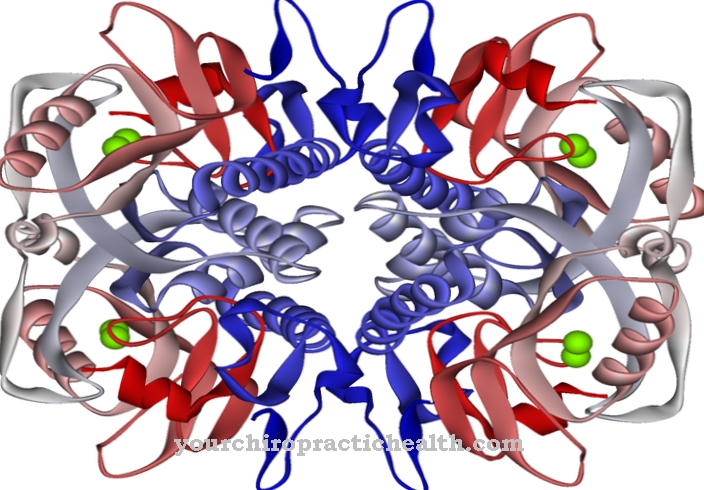
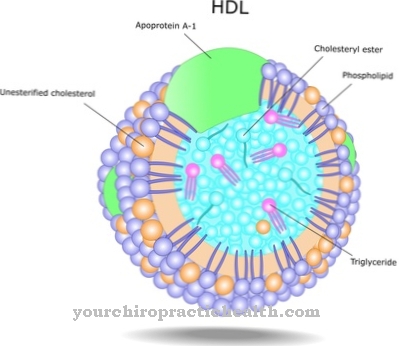





.jpg)



.jpg)










.jpg)
